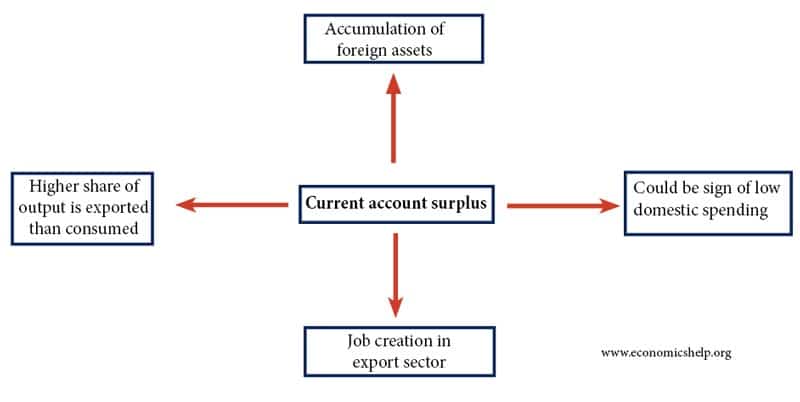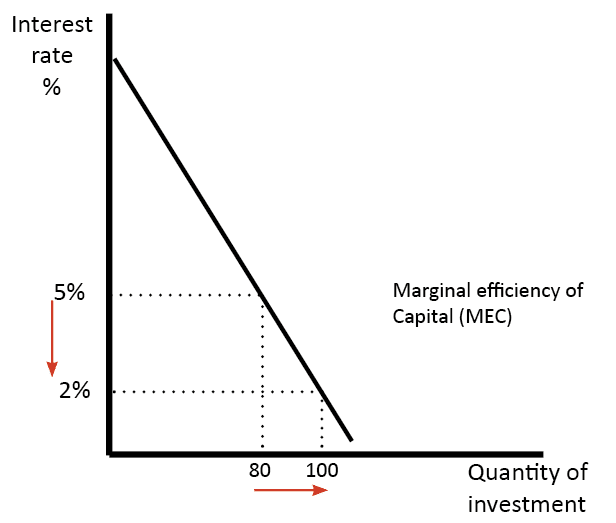Confidence Fairy Explained
The confidence fairy refers to the criticism that cutting government spending will lead to renewed confidence and economic recovery. In response to the economic crisis of 2008, many economies faced large budget deficits – due to cyclical factors (e.g. falling tax revenue in recession) and also underlying structural deficits (e.g. growing welfare bills). Some countries …


